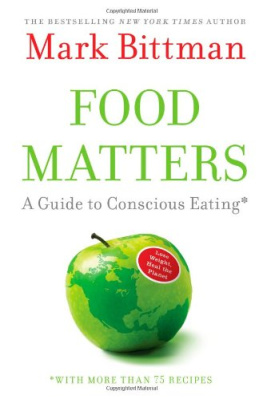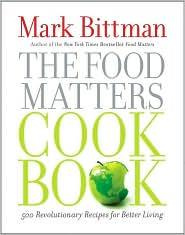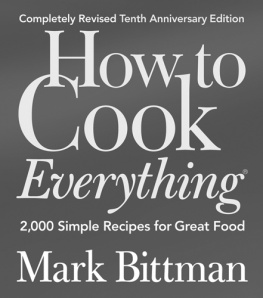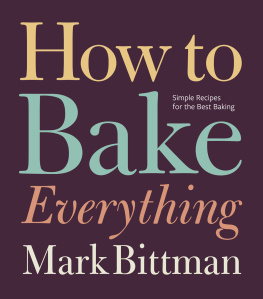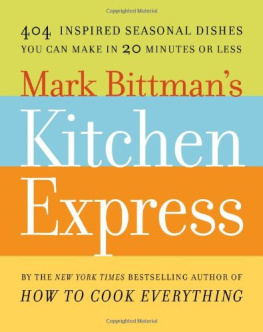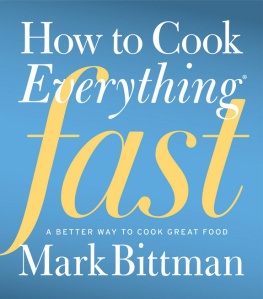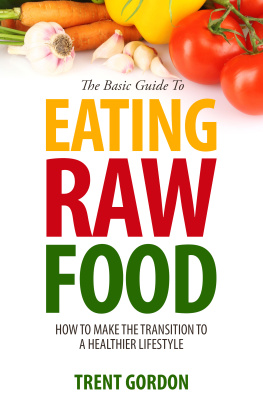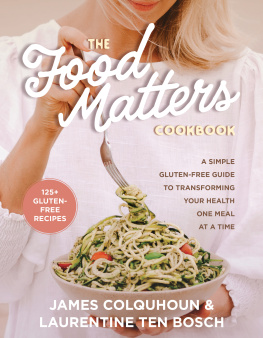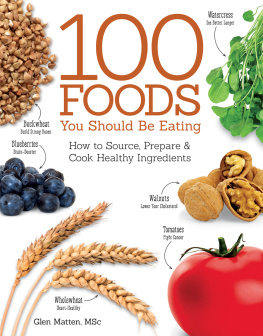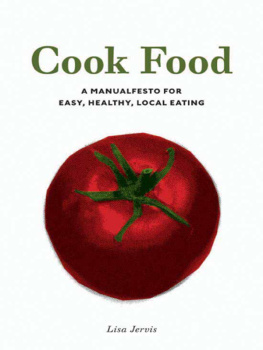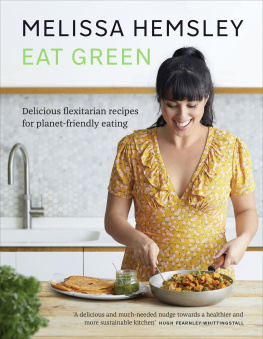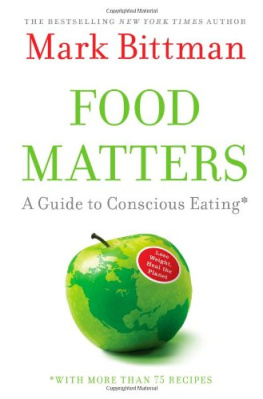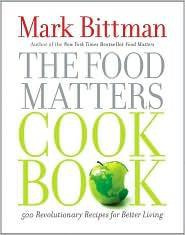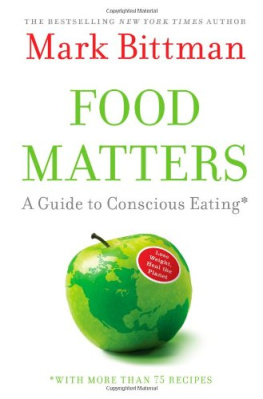
ALSO BY
MARK BITTMAN
How to Cook Everything
How to Cook Everything Vegetarian
The Best Recipes in the World
Fish: The Complete Guide to Buying and Cooking
How to Cook Everything: The Basics
How to Cook Everything: Bittman Takes on Americas Chefs
Mark Bittmans Quick and Easy Recipes from The New York Times
WITH JEAN-GEORGES VONGERICHTEN
Simple to Spectacular
Jean-Georges: Cooking at Home with a Four-Star Chef
This publication contains the opinions and ideas of its author. It is intended to provide helpful and informative material on the subjects addressed in the publication. It is sold with the understanding that the author and publisher are not engaged in rendering medical, health, psychological, or any other kind of personal professional services in the book. If the reader requires personal medical, health or other assistance or advice, a competent professional should be consulted.
The author and publisher specifically disclaim all responsibility for any liability, loss, or risk, personal or otherwise, that is incurred as a consequence, directly or indirectly, of the use and application on any of the contents of this book.
Before starting on a weight-loss plan, or beginning or modifying an exercise program, check with your physician to make sure that the changes are right for you.

Simon & Schuster
1230 Avenue of the Americas
New York, NY 10020
Copyright 2009 by Mark Bittman
All rights reserved, including the right to reproduce this book or portions thereof in any form whatsoever. For information address Simon & Schuster Subsidiary Rights Department, 1230 Avenue of the Americas, New York, NY 10020
Simon & Schuster and colophon are registered trademarks of Simon & Schuster, Inc.
Library of Congress Cataloging-in-Publication Data
Bittman, Mark.
Food matters / Mark Bittman.
p. cm
1. Nutrition. 2. Sustainable living. 3. Food habits. 4. Food industry
and trade. 5. Agriculture. I. Title.
RA784.B55 2008
613.2dc22 2008039593
ISBN-13: 978-1-4165-7897-0
ISBN-10: 1-4165-7897-8
Visit us on the World Wide Web:
http://www.SimonSays.com
For Kerri Conan, Kelly Doe, Suzanne Lenzer,
and Sidney M. Baker, MD, who made this possible
Contents
Introduction
TWO YEARS AGO , a report from the United Nations Food and Agriculture Organization (FAO) landed on my desk. Called Livestocks Long Shadow, it revealed a stunning statistic: global livestock production is responsible for about one-fifth of all greenhouse gasesmore than transportation.
This was a signal moment for me, coming along with some personal health problems, an overall gloomy global outlook, and an increasing concern with animal products in generalthe quality of meat, the endangerment of wild fish, the way domestic animals are raised, and the impact our diet has had on the environment. Never before had I realized issues of personal and global health intersected so exquisitely. The destiny of the human race and that of the planet lay in our hands and in the choicesas individuals and as a societythat we made.
If I told you that a simple lifestyle choice could help you lose weight, reduce your risk of many long-term or chronic diseases, save you real money, and help stop global warming, I imagine youd be intrigued. If I also told you that this change would be easier and more pleasant than any diet youve ever tried, would take less time and effort than your exercise routine, and would require no sacrifice, I would think youd want to read more.
When you do, youll find an explanation of the links among diet, health, the environment in general and climate change in particular and youll see how you can make a difference. And while youre doing your part to heal the planet youll improve your health, lose weight, and even spend less at the checkout counter. And yes: This is for real.
The consequences of modern agriculture
It doesnt take a historian to see that events that took place hundreds or even thousands of years ago reverberate to our day, and it doesnt take a scientist to see the profound effects of every significant advance in technology, from the invention of the wheel and the internal combustion engine to that of the microchip.
Unfortunately, we can rarely anticipate the consequences of historical events, inventions, and new technologies. Some have had nearly entirely positive results: indoor plumbing and vaccinations have saved countless lives, and it would be hard to argue that the telephone or railroads were not almost entirely positive. Automobiles, with their huge demand on limited energy sources, are a tougher call.
The industrialization of food production was one development thatthough positive at firstis now exacting intolerable costs. Just as no one could foresee that cars would eventually suck the earth dry of oil and pollute the atmosphere to unsafe levels, no one could have anticipated that we would raise and eat more animals than we need to physically sustain us, that in the name of economy and efficiency we would raise them under especially cruel conditions (requiring some humans to work under cruel conditions as well), or that these practices would make them less nutritious than their wild or more naturally raised counterparts and cause enormous damage to the earth, including the significant acceleration of global warming.
Yet thats exactly what has happened. Industrialized meat production has contributed to climate change and stimulated a fundamental change in our diets that has contributed to our being overweight, even obese, and more susceptible to diabetes, heart disease, stroke, and perhaps even cancer.
It isnt just our propensity for eating animal products thats making us fat and sick, but also our consumption of junk food and overrefined carbohydrates. And these foodswhich as a group are also outrageously expensive, especially considering their nutritional profilesare also big contributors to environmental damage and climate change.
The twentieth-century American diet, high in meat, refined carbohydrates, and junk food, is driven by a destructive form of food production. The fallout from this combination, and the way we deal with it are issues as important as any humanity has faced: The path we take from this crossroads will determine not only individual life expectancy and the quality of life for many of us, but whether if we were able to see the earth a century from now we would recognize it.
Climate change is no longer a theory, and humans will suffer mightily if it isnt reversed. Most people know this. Less well known is the role that raising livestock plays in this, which is greater than that of transportation. Equally certain is that many lifestyle syndromes and diseases are the direct or indirect result of eating too many animal products. Our demand for meat and dairynot our need, our wantcauses us to consume way more calories, protein, and fat than are good for us.
Why food matters
Global warming, of course, was accidental. Even 30 years ago we couldnt know that pollution was more than stinky air. We thought it caused bad visibility and perhaps a few lung diseases here and thereas if that werent bad enough.
The current health crisis is also an accident: We thought that the more meat and dairy and fish and poultry we ate, the healthier we would be.
This has not proved to be the case. Overconsumption has been supported and encouraged by Big Oil and Big Foodthe industrial meat and junk food complexin cahoots with the federal government and even the media and (one might say so-called) health industries. This has come at the expense of lifestyles that would have encouraged more intelligent use of resourcesnot just oil, but land and animalsas well as global health and longer life for individuals.
Next page
